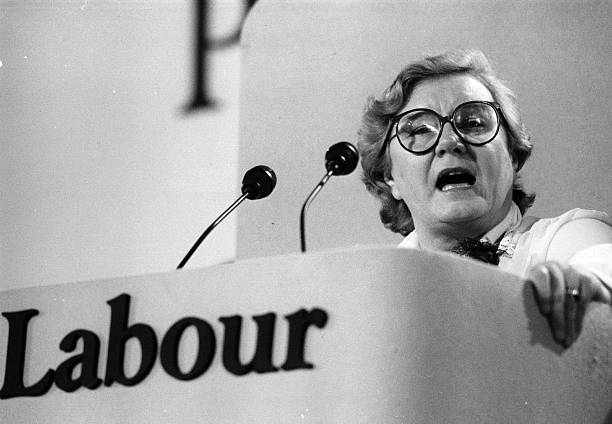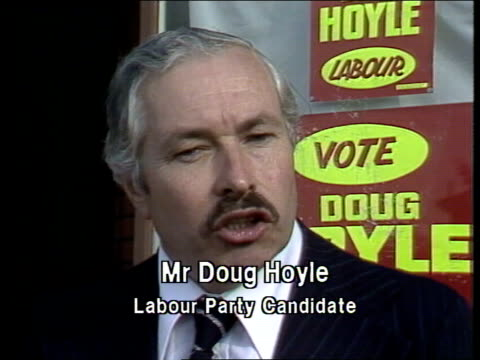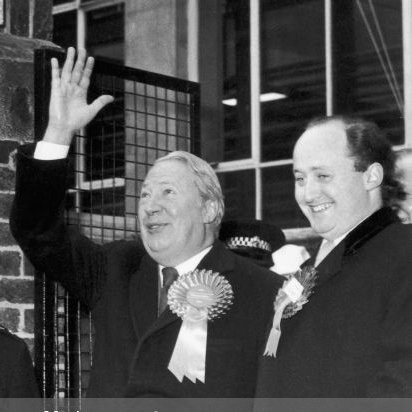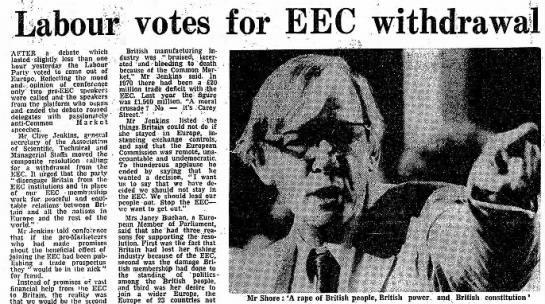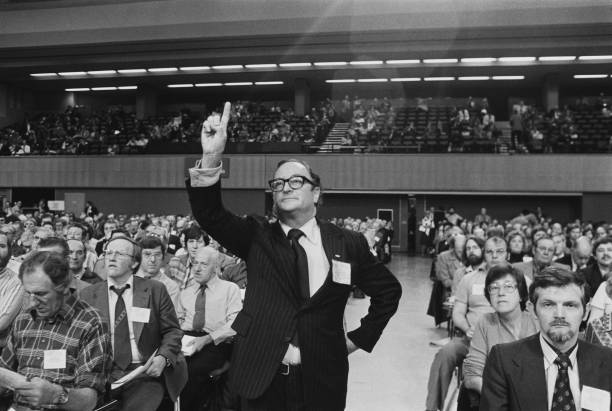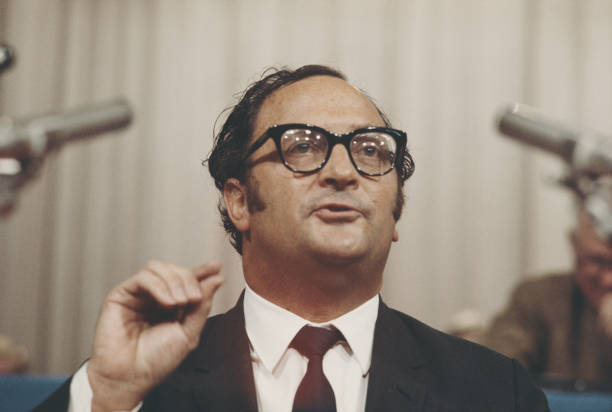
In 1986 as a Labour MEP, Barbara Castle reflected on her fundamental problems with the EEC:
'The Treaty of Rome, on which all Community decisions are founded, is based on two contradictory beliefs...' /1
'The Treaty of Rome, on which all Community decisions are founded, is based on two contradictory beliefs...' /1

'on the other hand, the creation of a large free market and the removal of all barriers to competition will automatically solve the problems of industry and raise the standards of life of industrial workers...' 
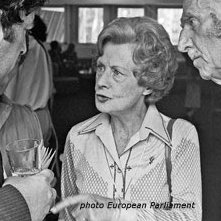
'and, on the other hand, that agriculture can only flourish within a highly subsidised and protectionist system...' 

'This confusion of principles, which was dictated by political motives, has produced the worst of both worlds: rising unemployment in industry and the waste of resources in agriculture...' 

'The Treaty, therefore, places enormous obstacles in the way of any Government which seeks to plan the use of resources to deal with the problems of the new technological age and which is determined to bring down unemployment and end waste.'
/end
/end

• • •
Missing some Tweet in this thread? You can try to
force a refresh




